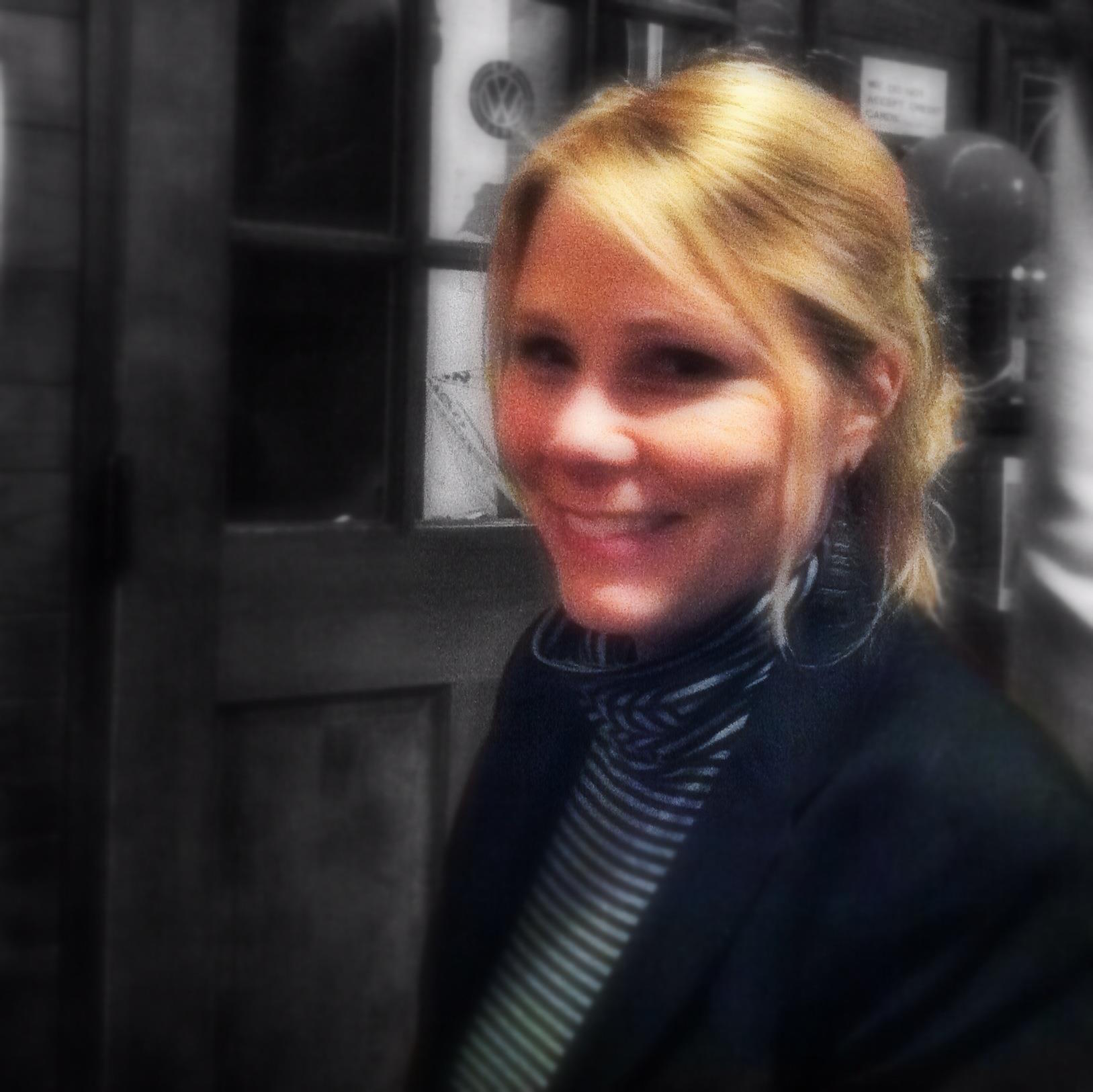Why are, or were, you in academia?
While I have always been fascinated with history, it was taking a course my first year of college in women’s history with a fantastic professor that began my trek in academia. Suddenly history felt relevant to my own life and I couldn’t wait to learn more and share the excitement I felt with others.
Where do you come from, and how has that influenced where you are now?
I grew up in the Midwest, the daughter of a theater professor and a public elementary school teacher. Teaching, therefore, seemed like a natural fit. Additionally, the region in which I grew up in some ways was very homogenous. Yet, upon closer examination, was diverse in terms of being home to farmers, industrialists, laborers and college professors. And while the population was heavily dominated by the descendants of Dutch immigrants, it was increasingly becoming more diverse with new immigrants and their first generation children. I believe that my interest in women’s history, labor history and immigration history directly connect to this past.
What do you hope your research will achieve? How do you think your work contributes to the world?
After getting my Ph.D. I went into teaching high school so I am no longer doing research. Nevertheless, through my teaching, I am helping to form conscientious, thoughtful, informed citizens of the world.
In what ways do you, or have you in the past, also worked outside the academy? Is that work connected to your academic research or teaching?
I worked many service and blue collar jobs — waiting and bussing tables, retail, motel room maid, factory worker, food service employee, elevator operator. They impacted my interest in labor history and they also affect how and what I teach my students.
What’s a common myth about your field?
The myth about teaching high school is that it is a step down from teaching at the college level. I teach students who are reading The New York Times by 10th grade; my colleagues are publishing academic books and giving papers at conferences; and the pay is comparable to college level teaching.
